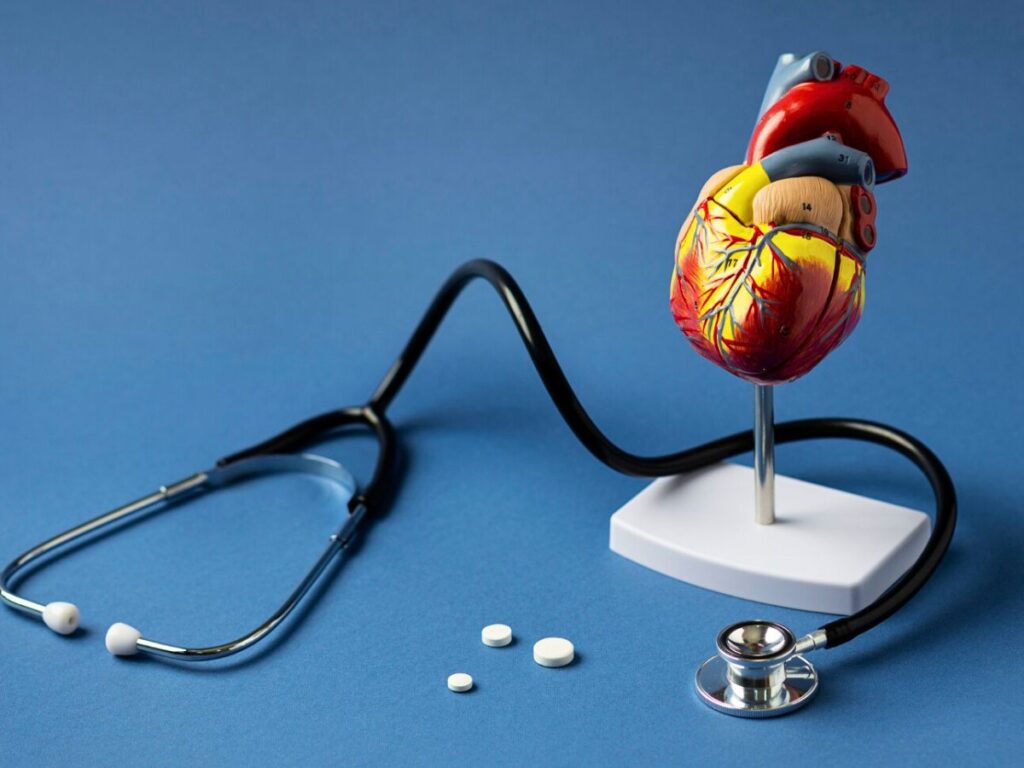
Worst Foods in our diets are common these days. When it comes to maintaining a healthy heart, the food we consume plays a crucial role. While most of us are aware of the harmful effects of sugar on our cardiovascular system, there is another ingredient that poses an even greater threat: trans fats. In fact, trans fats were officially labeled as unsafe by the FDA in 2015, highlighting their detrimental impact on heart health.
The Dangers of Trans Fats – Worst Foods
Trans fats have been linked to a range of severe health issues, including heart attacks, strokes, type 2 diabetes, cancer, elevated LDL (bad cholesterol), reduced HDL (good cholesterol), inflammation, autoimmune diseases, infertility, and tendon/bone degeneration. These fats are particularly harmful because they not only increase the levels of bad cholesterol in our bodies but also reduce the levels of good cholesterol.
Primary Culprits: Partially Hydrogenated Oils
The primary source of trans fats in our diet is partially hydrogenated oils. These oils are commonly found in processed foods, such as baked goods, snacks, and fried foods. To protect our hearts, it is essential to avoid products that contain hydrogenated or partially hydrogenated fats.
Indirect Threat: Trans Fats in Animal Feed
While we can make a conscious effort to avoid trans fats in our own diet, there is an indirect threat that many people are unaware of. Trans fats are still present in animal feed, which means that the meat we consume may contain these harmful fats. Animals that are exposed to trans fats through their feed can pass on these fats to humans through the consumption of their meat. This poses a challenge in our efforts to protect our hearts and overall health.
The Persistence of Trans Fats in Restaurants
Another concerning aspect is the presence of trans fat-laden foods in many restaurants. Despite the FDA’s labeling of trans fats as unsafe, some establishments continue to use partially hydrogenated oils in their cooking. This makes it even more challenging for individuals to avoid these harmful substances and safeguard their heart health.
Protecting Your Heart: Tips for Avoiding Trans Fats
While the presence of trans fats in our food supply may be alarming, there are steps we can take to protect our hearts:
- Read food labels: Check the ingredient list for partially hydrogenated oils or any mention of trans fats.
- Choose healthier cooking oils: Opt for oils such as olive oil, avocado oil, or coconut oil for cooking and baking.
- Prepare meals at home: By cooking meals from scratch, you have control over the ingredients used and can avoid trans fats.
- Eat a balanced diet: Focus on consuming whole foods, such as fruits, vegetables, whole grains, lean proteins, and healthy fats.
- Be mindful when dining out: Research restaurants that prioritize heart-healthy cooking methods and ingredients.
Conclusion
Trans fats are among the worst foods for our hearts, posing a significant risk to our cardiovascular health. By being aware of the dangers of trans fats and taking proactive steps to avoid them, we can protect our hearts and reduce the risk of heart disease and related ailments. It is crucial to read food labels, choose healthier cooking oils, prepare meals at home, and make informed choices when dining out. Together, these efforts can contribute to a healthier heart and overall well-being.
Image by rawpixel.com on Freepik



